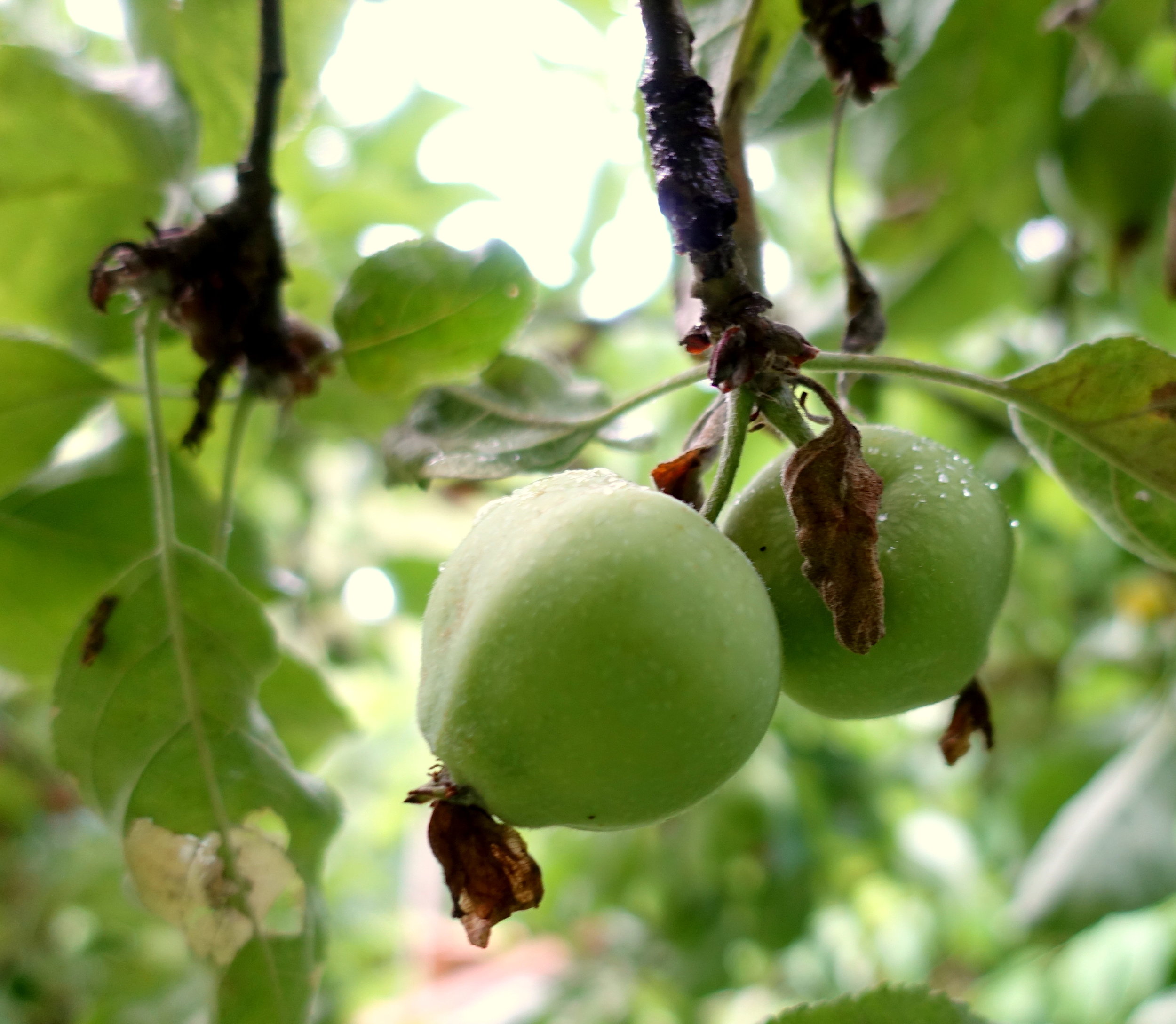mentors: Tasha Tudor
/Tashaw_parrot-e1439411281138
It’s been hot here lately. Every day I watch brave floral optimism blossom then shrivel with the arc of the sun. At night, we drag out the hoses and give our flower beds courage to face the next day. I have dreams of a Tasha Tudor-style garden, but it is early stages yet. I baby along a single poppy, four or five zinnias, a handful of sweet peas, short and unfragrant. In the books I have of Tasha’s garden, everything is lush and cool and lovely and Tasha is never flustered, never sweating through her improbable dresses trying to unkink a length of pale green rubber hose, never standing over empty beds wondering where the seeds went or why those plants all died so quickly. It doesn’t discourage me. I pour over her books anyway. Over the years, I've come to welcome her as a mentor.
Lately, with so much of my life shifting, I've been thinking about these teachers we come across, the ones who unknowingly shape us into the people we are becoming. Tasha comes to mind first because she was a gifted commercial artist and illustrator, but she proudly defended her life as a homemaker:
“Whenever I get one of those questionnaires and they ask what is your profession, I always put down housewife. It’s an admirable profession, why apologize for it?”
So often I find myself torn between vocations, but Tasha didn’t seem burdened by that dichotomy at all. As beloved as her art became, she didn’t see herself lessened by her commitment to homemaking; she admitted she illustrated so she could afford flower bulbs and corgis and her 1850’s-homage house. I find it a pleasure to keep a tidy house, to keep the cookie jar stocked, to crochet a blanket or sew a pair of pants, to have a meal ready when others come home. Whenever I’ve ignored these things for the sake of more “important” work, I feel untrue to myself. But Tasha reminds me it is possible to go this way, to craft a life that holds both my work as a writer and my work as a homemaker in equal value.
“I’m perfectly content,” she says. “I have no other desires than to live right here with my dogs and my goats and my birds. I think I’ve done a good job of life, but I have no message to give anyone. If I do have a philosophy, it is one best expressed by Henry David Thoreau: “If one advances confidently in the direction of his dreams, and endeavors to live the life which he has imagined, he will meet with a success unexpected in common hours.” That is my credo. It is absolutely true. It is my whole life summed up.”
I can't imagine Tasha rushing through her life, wringing her hands over her busyness (like nearly everyone I meet these days). I imagine her purposeful and committed, showing up each day for the narrow band of things she wanted her life to encompass: her garden, her family, her books and art. There's no sense of drama about Tasha. She wasn't trying to save the world, to fix every injustice. She created. She nurtured. She lived. And so many of us have found her a refuge, a point of light. If for no other reason, she's a worthy mentor because she shows us that we change each other by being unapologetically true to who we are as individuals.
So inspiring, isn't she?
I'll write more about other mentors later, but I'd love to hear about any you have.









